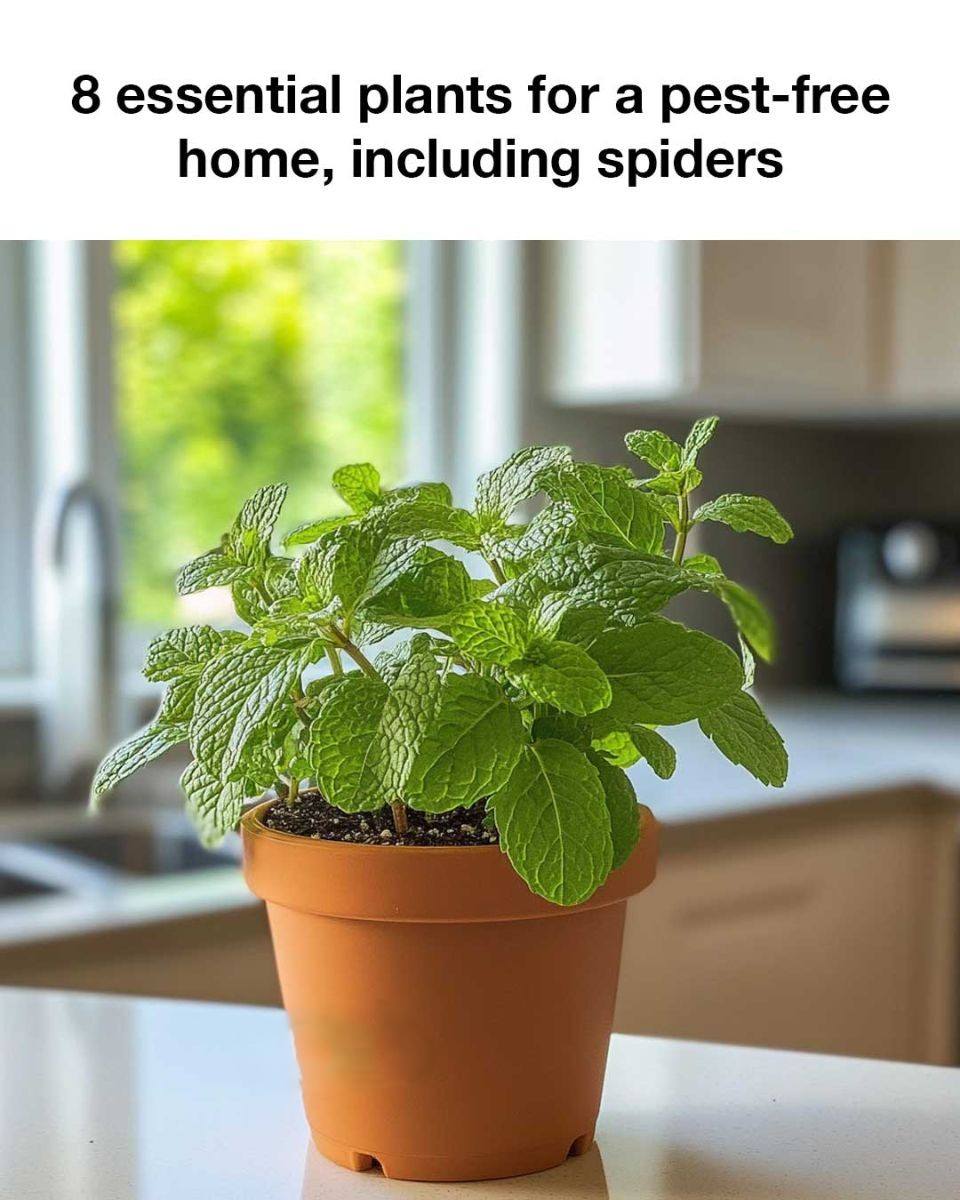6. Rosemary: Aromatic Defense Against Insects
Rosemary is a hardy herb with a woody fragrance that is known to repel mosquitoes and other insects. Its needle-like leaves contain oils that are effective in deterring pests. Plant rosemary in pots or garden beds near entryways to create a fragrant barrier.
To enhance its pest-repelling properties, consider burning dried rosemary sprigs in a fire pit or barbecue. The smoke produced can help keep mosquitoes away from outdoor gatherings.
7. Lemon Balm: A Lemon-Scented Mosquito Deterrent
Lemon balm is a member of the mint family and is known for its lemony scent, which is effective in repelling mosquitoes. Its leaves contain citronellal, a compound similar to citronella, making it a natural choice for mosquito control.
Grow lemon balm in pots or garden beds near outdoor seating areas to enjoy its mosquito-repelling benefits. Additionally, you can crush the leaves and rub them on your skin for a natural insect repellent.
8. Marigolds: Bright Blooms That Ward Off Pests
Marigolds are not only vibrant and cheerful flowers but also excellent pest deterrents. They contain pyrethrum, a natural insecticide that repels aphids, mosquitoes, and even rabbits. Plant marigolds around vegetable gardens or in pots near windows and doors to keep pests at bay.
In addition to their pest-repelling properties, marigolds can improve soil health and attract beneficial insects like ladybugs, which help control aphid populations.
Care Instructions for Each Plant
Lavender thrives in well-drained soil and full sun. Water sparingly, allowing the soil to dry out between waterings.
Peppermint prefers partial shade and moist, well-drained soil. It can be invasive, so consider planting it in pots.
Lemongrass requires full sun and well-drained soil. Water regularly and protect from frost.
Agastache Cana enjoys full sun and well-drained soil. It’s drought-tolerant once established.
Basil needs full sun and well-drained soil. Water regularly and pinch back flowers to encourage leaf growth.
Rosemary prefers full sun and well-drained soil. Allow the soil to dry out between waterings.
Lemon balm thrives in partial shade and moist, well-drained soil. It can spread quickly, so consider planting it in pots.
Marigolds require full sun and well-drained soil. Water regularly but avoid overhead watering to prevent fungal diseases.
Potential Allergies or Side Effects of Plants
While these plants are generally safe, some individuals may experience allergic reactions. Lavender and rosemary can cause skin irritation in sensitive individuals, so it’s advisable to perform a patch test before using their oils on the skin.
Peppermint and lemon balm can also cause skin irritation or allergic reactions in some people. If you experience any adverse reactions, discontinue use and consult a healthcare professional.
Additionally, some plants like basil and marigolds may attract bees, which could be a concern for individuals with bee allergies. Always exercise caution and be aware of your personal sensitivities when using plants for pest control.

